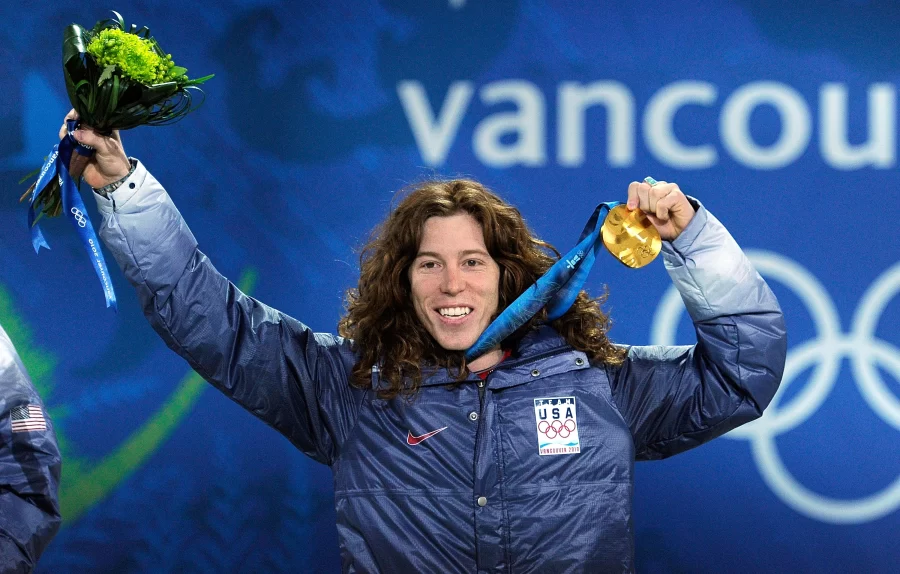Paying the Olympians?
Olympic athletes are not paid, and there’s reason to believe in an alternate solution
Shaun White is one of many famous Olympians to receive cash by winning a gold medal.
With the Beijing 2022 Winter Olympics officially over, a long-debated question has risen from the ground again: should Olympic athletes get paid for their participation? The question has tantalized public officials of all countries for some time, and many people believe that the time has come to pay the athletes.
Currently, Olympic athletes do not get paid for participating in the Summer and Winter Olympics. The only way for these athletes to get money for participating in the Games is by endorsements or sponsorships with companies that want to offer the athletes compensation for a good word about their business. A less effective way, but one of the most prized and honorable, for these athletes to make money is through winning medals.
Madison Williams, a writer for sportingnews.com, illustrates the concept of earning money through winning medals in an overview of Olympic athletes.
“A gold medal is worth $37,500, a silver medal is worth $22,500 and a bronze medal is worth $15,000,” Williams said. “So, not only is there an incentive to stand on the pedestal in order to have your name etched in Olympic history, but the athletes also look forward to the cash prize that comes with it.”
Many believe that these athletes are being neglected of fair compensation for their talents and are treated as second-class citizens, usually having to get second jobs to go along with their strenuous training. Critics believe that since these athletes are going abroad for the entertainment of others, they should not have to spend their own money to compensate for training and travel expenses.
Caris Mitchell (11) thinks that there is a reason to pay these athletes, particularly based on the commitment and effort that goes into their training.
“I believe that athletes that train and participate in the Olympics should be paid by the United States, mainly because they devote their whole lives to train for that specific moment and deserve a reward from their country for it,” Mitchell said.
While this is a common argument that is seen across the globe, many make the counterargument that these athletes should not be paid for competing and training for the Olympic games. This argument is mainly held with the belief that the Olympics shouldn’t be something that athletes are forced to do, but rather are something fun and competitive that they would thoroughly enjoy doing.
Addyson Crocker (9) holds these values to be true, and this ideal should stay implemented among Olympians.
“I do not believe that Olympic athletes should get paid because I think it ruins the purpose of the Olympics,” Crocker said. “I think the whole purpose of the Olympics is to represent and honor your country.”
Crocker believes that the athletes should choose to do this feat of athletics not for themselves, but for their countries. She does, however, believe that if the athletes work hard for their accomplishments, then they should be rewarded with sponsorships and medals.
Olympic athletes train rigorously to benefit their countries, so there is little to no doubt that this argument will be discussed for the future of America, as well as the future of the Olympics.



